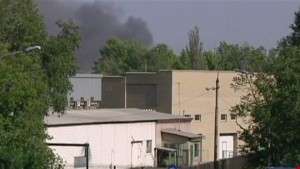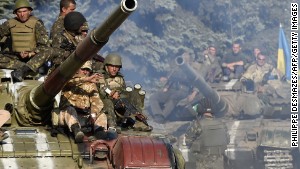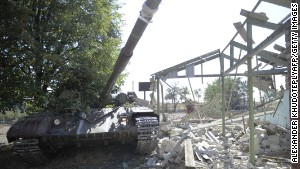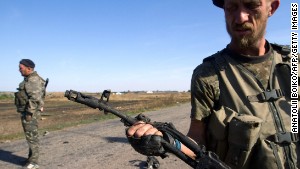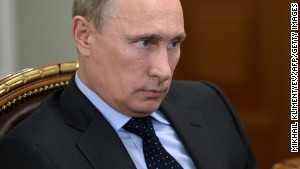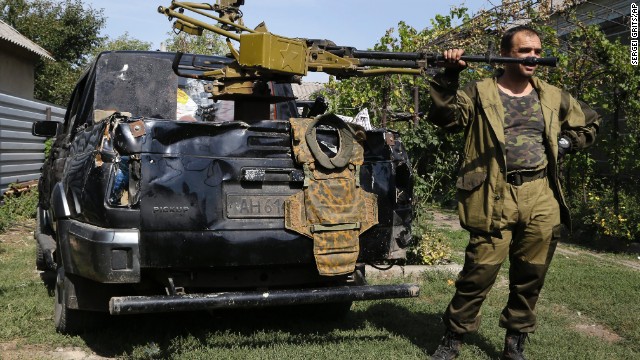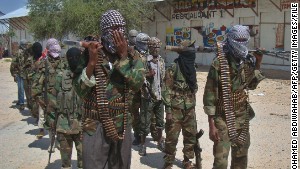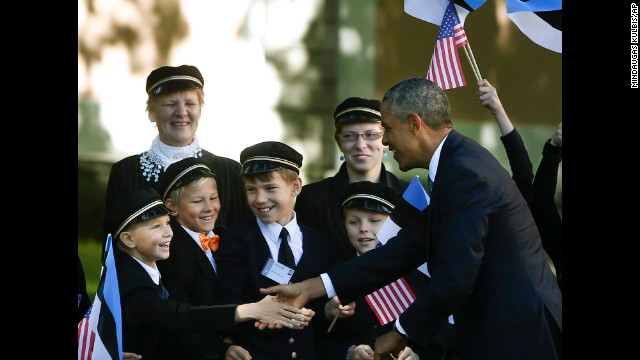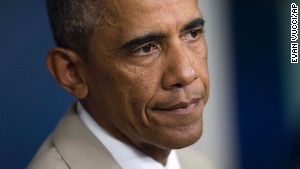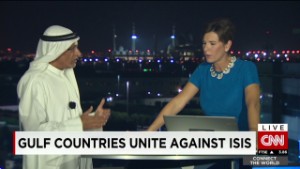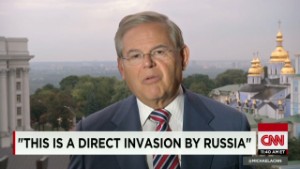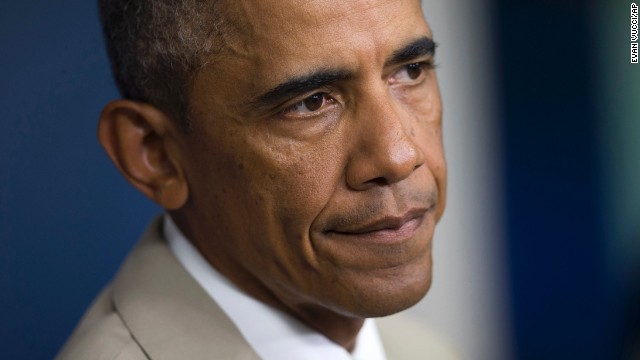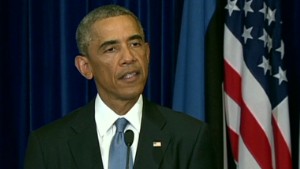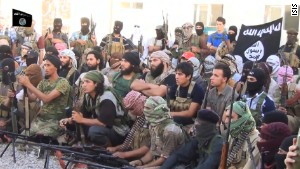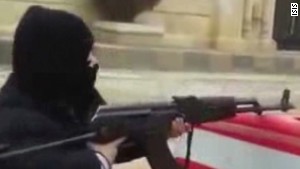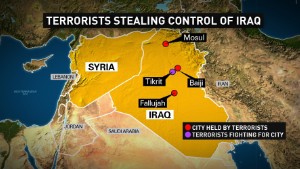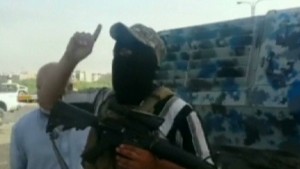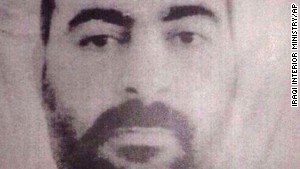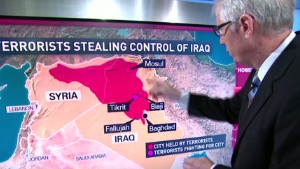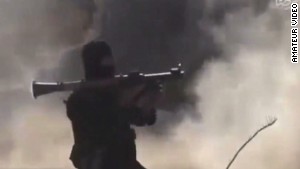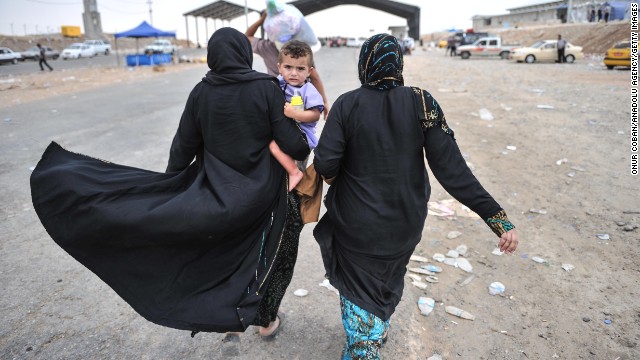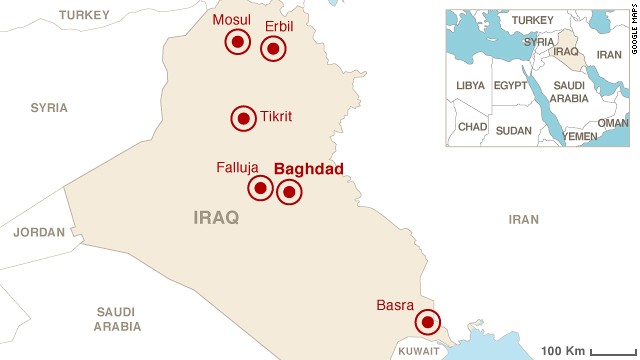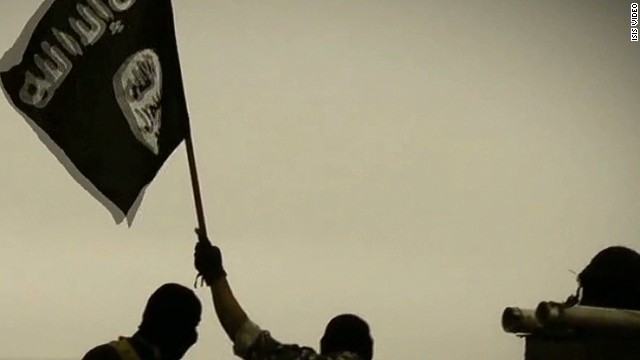Nigerian Military, Yesterday And Today By Dr. Aliyu U. Tilde
The comparison between yesterday and today for the Nigerian
President and his military is truly odious. Nigerian leaders and indeed
its military need to take a long, hard look at themselves. What went
wrong and who are responsible for this state of shame?
Nigerian armed forces were under the simple going but honest President Alhaji Shehu Shagari as its Commander-in-Chief and the COAS or CDS was Wushishi (forgive my memory). The then GOC of the 3rd Division in Jos under whose command the Northeast fall was Maj. General Muhammadu Buhari. Surely, northerners dominated the top command positions in the military then.
Without hesitation, the GOC in Jos was given the signal to flush out the Chadians. But on his own, the stern Buhari was determined to, in addition, teach them a lesson they will never forget.
In a twinkle, Buhari mobilized his soldiers and personally led them in the field. Within few days Nigerian soldiers not only got the Chadians to flee but they chased the latter right into Chad. Buhari couldn't stop. It took quite some effort to get the soldier in him to pull the brakes. Later, he will claim that he didn't know that he was already deep into Chad.
Buhari the GOC had an excellent relationship with his soldiers. He never allowed superiors to oppress their juniors or edit their allowances. He was riding a 504 saloon car and lived in a simple bungalow along Bauchi road adjacent to the Unijos Main Campus. When he was appointed the head of state after the coup, his soldiers in the barracks went wild in happiness. He bade them farewell, not knowing that it will be forever.
Well the Chadians never dared encroaching into Nigeria again. Buhari has permanently imprinted a lesson in them: Nigeria is mighty and no rat should dare step in its foot. The success was possible because the military chiefs and officers then were truly Nigerian. They believed in their hearts, not in their words only, that that the territorial integrity of this nation is not for bargain, its military must be strong and well catered for, and money was not their goal.
When the Maitatsine riots resurfaced in the Northeast during his regime, Buhari was the C-in-C and the story of how they were crushed ended in the burial of that sect forever.
No insurgency in Northern Nigeria surfaced again until when Obasanjo came to power. Like a joke, a group calling itself Nigerian Taliban surfaced in Yobe state. It engaged the police and the authorities in fights using guns and explosives. It was unbelievable. They were overcome but not wiped out. They had the chance to shift their base to Maiduguri and get patronised by the governors of Yobe and Borno states who gave them positions in government as a strategy of appeasement.
But the group couldn't be appeased. It continued to organise itself and train for a showdown to the full knowledge of the authorities in Abuja and at the dismay of the then SSS Director, Gadzama, who was from Borno and knew the risk his community and the nation at large would face in future.
When I raised this point at a conference in Kano, one of the former governors involved tried to discredit me, something I immediately objected to. These are facts, hard facts. Obasanjo as the C-in-C didn't do enough. By the time Yar'adua made an attempt to suppress the group extrajudicially, it was too late and, he too, didn't live a year longer than Muhammad Yusuf.
The death of Yar'adua was a loss for the nation and its military. He gave the Niger Deltan terrorists a choice between war and peace. They chose peace. He sacked the then Chief of Defence Staff then, Andrew Azazi, for his involvement in arming the Niger Deltans and playing the fifth columnist in the fight against them. An army investigation report warned the nation of the existence of politicians from that region who nurse secessionist ambitions and who could become leaders of the country one day. A probe into their activities and level of
involvement in the arms theft, the report said, was necessary to avoid putting our national security at risk. Yar'adua, unfortunately, didn't institute the probe that would have seen Jonathan impeached. And he died, shortly and sadly. Thus, those fears expressed in the COAS office report in the theft of armoury from Kaduna and Jaji depots became real.
Jonathan, a Niger Deltan, became President. He returned Azazi as his National Security adviser and with that a different course was charted for the military.
Now, Nigerians have seen what a different calibre of leader Jonathan is. Also, the world has witnessed the mettle of the people - from the former Eastern region - he has chosen to lead the military and fight the insurgency. Their estimation in the eyes of the world is very low. Never in our history has a Nigerian president been so much a subject of ridicule by world leaders and press. Never in the history of our military has it performed so disastrously bad in the protection of the Nigerian citizen and became a subject of international disdain and contempt to the extent that the Americans said they will not share intelligence with it. How could they do so when they knew among our military are sponsors of Boko Haram, as Stephen Davies recently disclosed. (And believe me I have not seen a soldier in Ihejirika because he instantly became rattled by the disclosure, failed to put even a faint defence but resorted to blaming the president and Elrufai for underfunding the military.)
From Ihejirika to Minimah, various international and local media reports have shown our soldiers as neglected, ill-equipped, underpaid and many of them sadistic - taking delight in torturing Nigerians and killing them - as we have seen in the reported massacres of Baga and the latest slaughter video which the authorities said they are still investigating.
The Nigerian military is certainly witnessing its lowest moments. Soldiers are deserting it, as the authorities themselves confessed, and in moments of attack on civilians, they are seen running along with civilians for their dear lives. In one or two occasions, they fled to Cameroon in their hundreds where they were disarmed, packed into schools and escorted, like women and children, back to Nigeria. They arrived Mubi looking haggard, hungry and in need of help. Even in the battles that saw the fall of towns like Gwoza, Banki, Gamboru, Izge, Damboa, Bama, Gulak, Michika and Bazza, our soldiers were seen outrunning civilians for safety as their officers outrun civilian elites in building posh houses and riding the latest brands of cars.
What a depressing moment for every true Nigerian! What a moment of truth for our military! It is not a time for denial or pride, as a diplomat put it last week, because there is nothing to deny and nothing to be proud of when bandits earlier described as "ghosts" by the President can now capture large towns and keep them, one after another, and get our soldiers fleeing.
The Chadian soldiers that we could easily liquidate in 1983 today, in contrast, stand with their shoulders high. Three weeks ago, when Boko Haram abducted some 85 Nigerians and moved them across to a forest in Chad, Chadian soldiers instantly located them, fought them gallantly and freed the hostages, handing them back to Nigeria. Chad, for God's sake! Our Chibok girks and other abductees on Nigeria continue to languish in the hands of Boko Haram for my months now, awaiting for a rescue that will never come. Their government tells them: "You see, we can't rescue you because we don't want to see you harmed. You're safer there." What an excuse!
Cameroon too has been defeating the insurgents at every encounter, sometimes even crossing the border to assist Nigerian soldiers as it was reported in Ngala two weeks ago. Even yesterday, they routed the insurgents at a border town where they killed more than 100 of the latter.
Nigeria, where are the GOCs like Buhari, the chiefs like Wushishi, and Presidents like Shagari? Where are your courageous commanders like Shagaya and Malu who as true Nigerians earned us respect in Liberia and Sierra Leone?
The present GOC of the same 3 DIV, Zaruwa, must prove his mettle to Nigerians. His hometown, Bazza, is in the hands of Boko Haram, and so is Michika and Gulak. We want to see the reinvention of Buhari, Malu or Shagaya in him. Incidentally, the Chief of Defence Staff, Barde, is from neighbouring Mubi, a town that is half-deserted as it awaits its turn in the invasion tsunami of Boko Haram. Its people have been fleeing to Yola in their thousands. He too, we want to see a Wushishi reinvented in him. Let us see in the duo the reinvention of the ancient, legendary Margi warrior. We hope, but only hope can we afford, that the C-in-C and the COAS will give them all the support they need.
The comparison between yesterday and today for the Nigerian President and his military is truly odious. Nigerian leaders and indeed its military need to take a long, hard look at themselves. What went wrong and who are responsible for this state of shame? If we are serious, heads must roll. We also need a different set of leaders and commanders that are truly Nigerians in their past and future.
The spokeman for the Nigerian military, Olukolade, said Nigerians should not be discouraged with these setbacks and lose hope in the military. But, sincerely, where can we find the courage, where can we see the hope?


